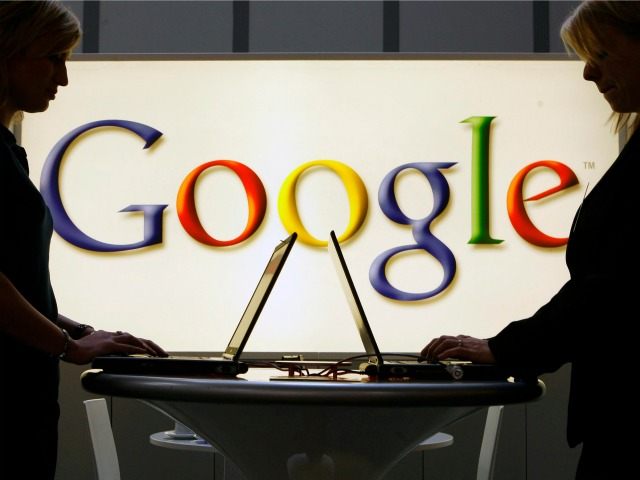The European Union has been involved in what seems like a permanent investigation of Google for abusing its search-engine dominance. There is a certain through-the-looking-glass quality to Reuters’ report on the latest developments: Google is punished with anti-competitive regulations for allegedly engaging in anti-competitive practices.
The latest European Union “findings” — which do not involve formal charges or a trial — are seen as the first step toward a long investigation of Google. As with so many heavy-handed government “fixes,” this crusade might harm the start-up companies it is ostensibly supposed to help, because they rely on Google’s inexpensive web advertising. The more likely beneficiaries are other giant companies competing with Google.
Reuters compares Google’s situation to Microsoft’s position in the late Nineties, particularly the anti-trust accusations that Microsoft was trying to corner the web browser market by giving Internet Explorer away for free as part of the Windows operating system.
Reuters rather simplistically credits the sledgehammering of Microsoft with creating “openings for Internet leaders Google, Facebook, Apple, and Amazon.com to emerge.” Frankly, Microsoft created a lot of those “openings” by leaving its Internet Explorer flawed enough to invite competition, leading to a current browser landscape in which Google’s Chrome is now the most popular browser, and Google has become the hobgoblin of monopolists’ imagination.
This is not to endorse all the business practices of Google, Microsoft, or any other big Internet company. Some of the more stinging charges against Microsoft involved accusations that it was essentially rigging the Windows operating system to disadvantage non-Microsoft products. Google is similarly accused of using its immense power over Internet searches to disadvantage competitors for its many only sales interests. Google’s dominance is arguably even more imposing than Microsoft’s was, because computers loom much larger in our lives today, and Google’s Droid operating system gives it a powerful hold over a smartphone market that didn’t exist in the Nineties, in addition to personal computers. It’s a bigger pie now, and if you draw a pie chart of Google’s market share, it ends up looking like Pac-Man in mid-chomp.
Google does not meet any description that our grandfathers would have recognized as a “monopoly.” They actually lost some market share to Yahoo and Bing recently. It is not surprising that people — including government regulators — would look at Google’s market dominance and find it staggering, perhaps a bit ominous, but the journey from “ominous” to wrong is not a trivial excursion.
Not only are there moral and ethical considerations to an enterprise like the European Union’s floating investigation of Google, there is the rule of unintended consequences to consider. The latest news is that the EU delivered a “quick finding” that “Google has abused its market power by favouring its own shopping services at the expense of non-Google websites,” which Reuters predicts might “set a precedent for new charges over how it handles hotels, flights and other services, experts say.”
It is described as a foot in the door for further regulatory adventures — “start small, win quick, then move on to bigger issues,” as Reuters describes the strategy. Consumers might not like all the results of this campaign; they’ve been voluntarily choosing Google business products for a reason. And while it is wise to be suspicious of any big company’s agenda, free people around the world must learn to be more suspicious of government regulatory agendas. That “start small, win quick, move on to bigger issues” game plan sounds at least as alarming as anything Google is accused of doing.
Until now, formal accusations against Google have been few and far between, although the EU’s commissioner for competition finally got around to filing some in Brussels last week, with a cool 6 billion euros in fines on the line.
As for the promised benefits to smaller competitors, Reuters tells us, “Google’s woes are not likely to help Europe’s burgeoning start-up scene, in part because Google is an active funder and serial acquirer of young companies here, but also because most firms count on Google’s low-cost ads to fund their own services. Instead, Google’s bigger opponents including German publisher Axel Springer and other European media and telecom firms with more to gain from having it on the defensive.”
Furthermore, “the likeliest beneficiaries do not come from Europe at all.” They include such big names as Apple, Samsung, Amazon.com, Facebook, Twitter, Oracle, and yesterday’s hobgoblin, Microsoft. They are just small enough to escape the wrath of EU regulators, even though some of them are using search-control and data-mining techniques nearly identical to Google’s. In fact, Facebook is already using at least one targeted-advertising technique Google held off on deploying, possibly because they did not want to aggravate the EU.

COMMENTS
Please let us know if you're having issues with commenting.